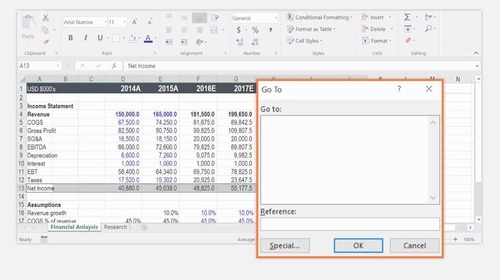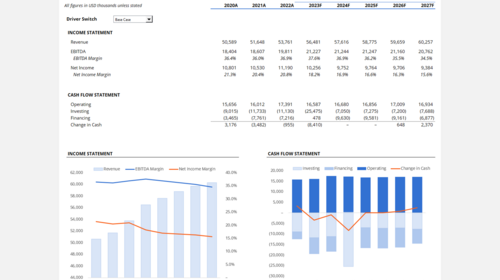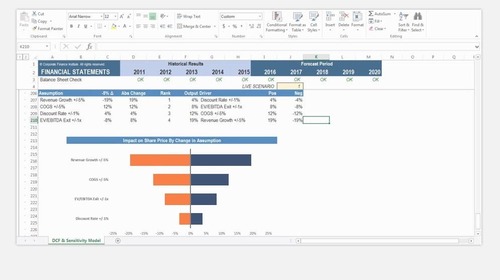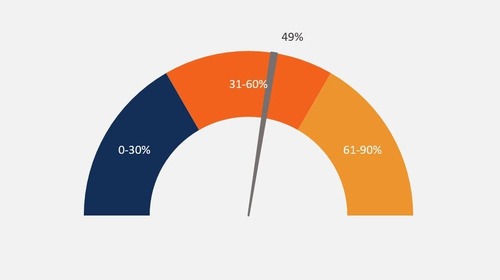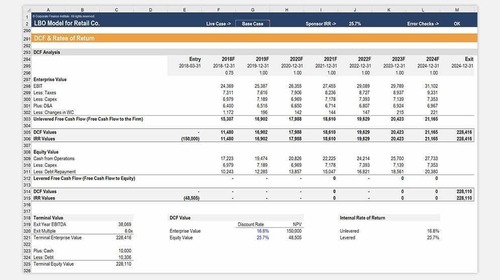- What are the SEC’s Climate Risk Disclosure Regulations?
- What Information is Included in the Climate Risk Disclosure Regulations?
- Why are Climate Disclosure Regulations Important?
- Driving corporate sustainability practices
- Informing risk management requirements for the future
- Creating new enforcement mechanisms
- Making better-informed capital allocation decisions
- Who Should be Concerned About These Regulations and Why?
- Key Considerations Around Disclosure Compliance
SEC Climate Risk Disclosure Regulations
Climate-related disclosure requirements for public companies enacted by the United States SEC in 2022
Over 1.8 million professionals use CFI to learn accounting, financial analysis, modeling and more. Start with a free account to explore 20+ always-free courses and hundreds of finance templates and cheat sheets.
What are the SEC’s Climate Risk Disclosure Regulations?
In March 2022, the SEC published its proposed Climate Risk Disclosure regulations, also known as “The Enhancement and Standardization of Climate-Related Disclosures for Investors.”[1] For the first time in history, management at publicly traded U.S. companies must provide information on the climate risks associated with their operations and how they plan to mitigate them.
The SEC Climate Risk Disclosure regulations specifically target public companies, but it’s anticipated that this regulation will eventually apply to all companies within the near future.
Key Highlights
- These regulations currently only (directly) impact public companies, but all operators must understand these implications.
- The SEC does not differentiate by sector; all firms in the public sphere are equally subject to these disclosure requirements.
- Climate risk can have a material impact on a business, its strategy, and its financial results.
What Information is Included in the Climate Risk Disclosure Regulations?
These regulations require public companies to disclose climate-related risks, emissions footprint, and how they intend to reduce both moving into the future.
One of the baseline requirements is to disclose Scope 1 (direct, operational) and Scope 2 emissions (indirect, from electricity purchases). Scope 3 emissions (all other indirect emissions) remain a topic of contention and are undergoing rigorous debate on whether they should be included or not under the current regulation scope.
The regulations also include some fine details regarding climate-related goals, transition plans, data inclusions, and in-line calculations of the financial impact of identified material risks. Information that is evidence-based and supported with data is considered vastly superior disclosure than speculation and other greenwashing tactics.
Why are Climate Disclosure Regulations Important?
These regulations are important because they require management to disclose greenhouse gas emissions and climate risks that impact the business and its stakeholders.
This information is essential for investors and other stakeholders to understand a company’s exposure to climate-related risks and opportunities. Together with the ESG Disclosure for Funds, these regulations increase transparency and accountability for all parties, allowing investors to make informed capital allocation decisions about what companies they wish to support.
Climate disclosure regulations are critical in promoting corporate sustainability, protecting investors, and advancing the global transition to a low-carbon economy. This regulation may influence businesses in the following key ways:
Driving corporate sustainability practices
Management teams must recognize that developing these ESG capabilities and having this information on hand will be crucial for winning procurement bids and renewing contracts with major public brands. This forces a greater focus on corporate sustainability from both public companies and private companies as well.
Informing risk management requirements for the future
Climate disclosure regulations require companies to identify and address potential risks and opportunities, ultimately leading to better risk management and value creation over the long run.
This regulation ensures that climate and associated ESG issues are formally incorporated into management practices, structures, and corporate governance systems — which will ensure the company and its stakeholders are properly prepared for both current and future climate risks.
Creating new enforcement mechanisms
These regulations ensure the SEC Climate and ESG Taskforce, as well as listed companies, have the same guidelines for compliance and enforcement. Failure to comply with these regulations may result in SEC sanctions and investigations, which have already been issued at major global companies like Deutsche Bank and Tesla.
Making better-informed capital allocation decisions
By understanding a company’s climate risks, participants in the capital markets can better assess any long-term financial risks impacting a company. This is critical given the billions of damages and losses already being experienced by investors and creditors around the world from physical climate impacts.
Who Should be Concerned About These Regulations and Why?
The climate disclosure regulations impact a variety of stakeholders because they promote transparency, accountability, and general sustainability in the corporate sector, while also protecting the interests of investors and the general public.
The following stakeholders and associated concerns are relevant for all to be aware of:
- Investors: The climate disclosure regulations provide critical information about a company’s climate risks and opportunities. This information helps investors make informed decisions about where to invest client money and evaluate the long-term financial risks associated with their investments. Additionally, adding ESG and climate risk factors to companies’ reporting means investors must acquire additional capabilities to analyze and assess such factors.
- Operators: These regulations can help management teams identify and manage climate risks and opportunities that affect their business. By disclosing greenhouse gas emissions and other climate-related information, companies can also demonstrate their commitment to sustainability and transparency.
- General public: These regulations provide important information about the environmental impacts created (or mitigated) by the companies that everyday consumers buy from. By understanding a company’s climate impact, the public can decide which companies they want to support, advocate for, and invest in (retail investors).
Key Considerations Around Disclosure Compliance
If there is one thing to take away from these regulations, it is that every company must be prepared. It might not be relevant to all companies today, but eventually, these regulations will likely apply to both public and private businesses.
With that in mind, here are a few key considerations for every company given the Climate Risk Disclosure Regulations:
- How are climate-related risks identified by the firm and which are most likely to have a material impact on business operations or its financial results? Consider that these may manifest over the short-, medium-, or long-term;
- How might climate-related risks that have been identified impact the firm’s strategy, business model, and outlook; and
- How will the impact of climate-related events and transition risks affect the availability (and the cost of) capital? Could non-compliance or ineffective disclosure materially impact a firm’s ability to raise funds in the future?
Additional Resources
Create a free account to unlock this Template
Access and download collection of free Templates to help power your productivity and performance.
Already have an account? Log in
Supercharge your skills with Premium Templates
Take your learning and productivity to the next level with our Premium Templates.
Upgrading to a paid membership gives you access to our extensive collection of plug-and-play Templates designed to power your performance—as well as CFI's full course catalog and accredited Certification Programs.
Already have a Self-Study or Full-Immersion membership? Log in
Access Exclusive Templates
Gain unlimited access to more than 250 productivity Templates, CFI's full course catalog and accredited Certification Programs, hundreds of resources, expert reviews and support, the chance to work with real-world finance and research tools, and more.
Already have a Full-Immersion membership? Log in
